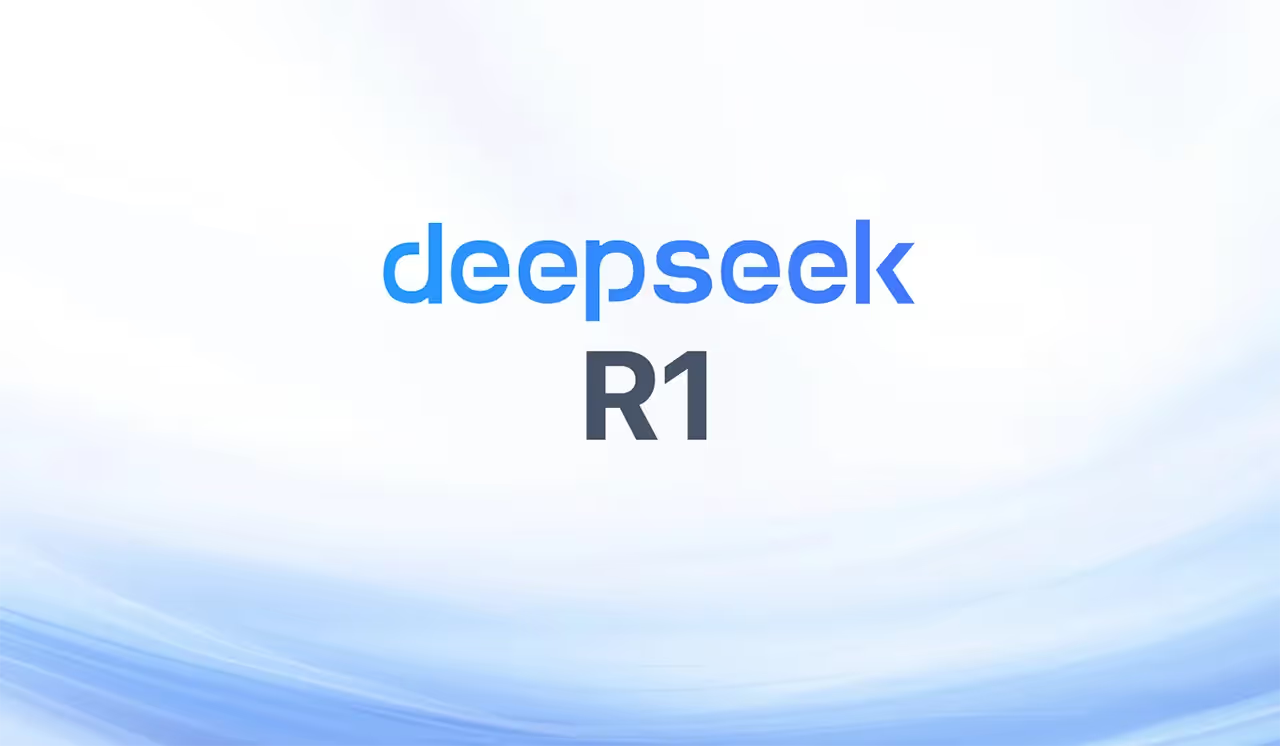Discovering New Knowledge with Semantic Scholar's AI-Powered Research Tools
Researchers today have access to an overwhelming amount of academic content across disciplines. Finding the right paper, author, or concept quickly is often a challenge. That’s where Semantic Scholar stands out. This smart research tool uses artificial intelligence to help scholars navigate scientific literature fast and efficiently.
What Is Semantic Scholar?
Semantic Scholar is a free academic search engine developed by the Allen Institute for AI (AI2). It harnesses the power of AI, natural language processing (NLP), and machine learning to analyze and summarize scientific research content.
Unlike standard search engines, Semantic Scholar dives deeper into research papers to extract key data. It highlights important citations, explains complex topics in simpler language, and identifies influential work in any given field.
Why Researchers Rely on Semantic Scholar
If you're conducting academic or scientific research, Semantic Scholar offers tools to help you:
- Find relevant scholarly papers quickly
- Track citations and author contributions
- Understand key concepts using AI-based summaries
- Follow research trends across disciplines
- Create custom research feeds and libraries
How Semantic Scholar Uses AI in Scientific Research
Semantic Scholar goes beyond keyword-based searching. With machine learning, it provides smarter results through:
- Paper Summarization: AI-generated bullet points and highlights for quick reading
- Semantic Search: Understanding the meaning behind your search query
- Citation Analysis: Identifying high-impact studies through citation contexts
- Influential Citations: Spotlighting meaningful contributions, not just volume of citations
- Topic Mapping: Visualizing relationships between ideas and disciplines
How to Use Semantic Scholar for Academic Research
You can start by searching keywords, titles, or authors. From there, you can:
- Filter results by field of study, publication year, or type
- Explore paper summaries and citation graphs
- Save papers to your personal library
- Create alerts for new research in your area
- Download citation formats for easy referencing
These tools help you stay focused and save time. Whether you're writing a thesis, a grant proposal, or keeping up with innovations, Semantic Scholar can streamline your workflow.
Benefits of Using Semantic Scholar Over Traditional Search Engines
Semantic Scholar was designed with academics in mind. Its main advantages include:
- Clean Interface: Ad-free and distraction-free layout for focused research
- Open Access Insights: Quickly shows which papers are freely accessible
- Research Feeds: Personalized updates based on your interests
- Cross-Disciplinary Results: Discover work from adjacent fields with semantic linking
- AI-Driven Recommendations: Suggested papers based on relevance, not popularity
Popular Research Fields on Semantic Scholar
Millions of academic professionals turn to Semantic Scholar for access to fields like:
- Computer Science and Artificial Intelligence
- Medicine and Biomedical Research
- Engineering and Physical Sciences
- Psychology and Social Sciences
- Environmental Science and Sustainability
Whether you're in STEM, humanities, or interdisciplinary work, Semantic Scholar’s AI tools can help you uncover trusted, peer-reviewed content with speed.
Common Use Cases for Graduate Students and Researchers
Semantic Scholar is especially powerful for:
- Reviewing literature during early-stage research
- Finding trusted sources for academic writing
- Identifying gaps in existing research
- Tracking how ideas evolve over time
- Getting paper recommendations aligned with your past research activity
You can also export citations, follow authors, and collaborate more effectively within your study group or academic network.
Comparing Semantic Scholar to Other Research Tools
Here’s how Semantic Scholar stands apart from other platforms like Google Scholar, PubMed, or Scopus:
- Google Scholar: Wide coverage but lacks semantic filtering and AI insights
- PubMed: Great for medical papers, but discipline-specific
- Scopus/Web of Science: Paid access; useful for citation metrics, but less accessible
- Semantic Scholar: Free, AI-powered, and broad across many academic domains
If you're looking for speed, relevance, and depth, Semantic Scholar offers a balanced platform optimized for modern research needs.
Frequently Asked Questions About Semantic Scholar
Is Semantic Scholar free?
Yes, it is absolutely free. You can access millions of academic papers without creating an account. However, creating a free account unlocks features like libraries, alerts, and recommendations.
Does Semantic Scholar include all research papers?
No, but it includes over 200 million papers from over 50 disciplines. It integrates content from PubMed, ArXiv, and other trusted sources. Not all papers are open access, but many are.
Can I cite papers directly from Semantic Scholar?
Yes. You can export citations in formats like BibTeX, APA, MLA, and Chicago. This makes referencing hassle-free in academic writing tools.
How accurate are the AI summaries?
The summaries are machine-generated, so they may vary in accuracy. However, they provide a helpful starting point. Always read the full paper for crucial analysis.
Do I need to be a student or academic to use it?
No. Semantic Scholar is open to anyone interested in scientific knowledge, including entrepreneurs, educators, journalists, and lifelong learners.
Final Thoughts: Harnessing AI for Research Success
In today’s fast-moving academic world, using intelligent research tools can give you a significant advantage. Semantic Scholar helps you find the most relevant work, understand key insights, and stay updated with emerging trends.
Whether you’re writing a dissertation, conducting groundbreaking research, or exploring a new field, this AI-powered platform can support every stage of your journey. Let Semantic Scholar be your smart partner in discovery and innovation.













.svg)



